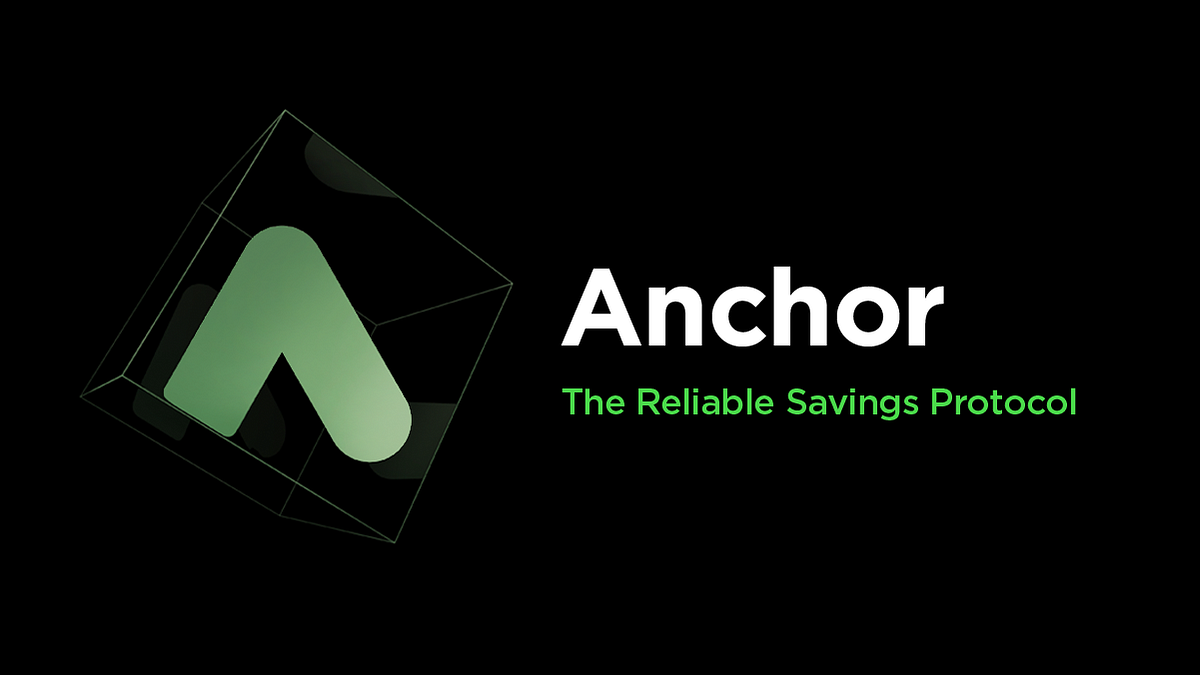I will say holding is easier than pushing the sell button for me, but I have to start getting better at it because most of my money is in crypto right now.
Eggs. Baskets. You might get very rich. Or you might get wiped out. There's risk in every investment. That's why smart money diversifies. High returns are always coupled with high risk.
It's hard because I know a lot of the projects I'm in are good long term holds and I know they'll go up,
A lot of people can't grasp the distinction between knowledge and belief. Nobody can know what any investment will do because nobody can know the future. Your conviction that your investments are good is a belief, not knowledge.
And as noted above, the high energy cost of crypto is disastrous to the environment and to people who must pay more for their needed energy because of the demand from crypto miners. Crypto is a Ponzi scheme that benefits nobody but the early investors, who have become fabulously wealthy, and black marketeers who use it to trade in illicit goods, from drugs to slaves.





